Cinnamon is a spice that many of us only get out at Christmas time. Its warmth adds a lovely flavour to everything from mulled wine to apple crumble, but did you know it has many other interesting uses besides cooking alone?
It's time to discover the many health benefits of cinnamon and start making the most out of this everyday spice. Go dig it out, and let's get started.
The different types of cinnamon
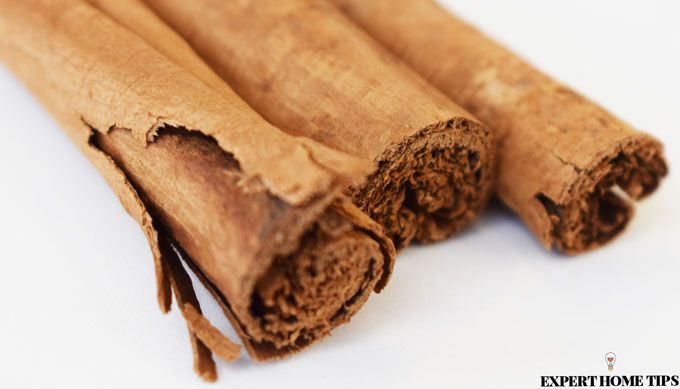
Despite common knowledge, there are a few different types of cinnamon. The most common can be split into two types - Ceylon and Cassia cinnamon. In their natural, bark form, they differ in both appearance and scent.
Ceylon cinnamon is considered the 'true cinnamon'. It is more difficult to produce than Cassia and therefore more expensive. Ceylon is lighter in colour - more tan than red - and has a thin paper-like texture as opposed to being thickly layered like that of Cassia cinnamon. Unlike Cassia cinnamon sticks, Ceylon is fragile and easy to break. It is also much less pungent, with a delicate aroma as opposed to the full-bodied flavour of Cassia.
Another key difference between Cassia and Ceylon cinnamon is their coumarin contents. It's thought coumarin can be dangerous if consumed in high quantities, as it was found to cause liver damage in lab animals.
Cinnamon health benefits
Although cinnamon is now predominantly used to add flavouring to food, in Egyptian and medieval times, it was highly prized and used to treat many ailments. Fancy healing with cinnamon? Discover some of the ways cinnamon could help you below.
1. Antioxidants
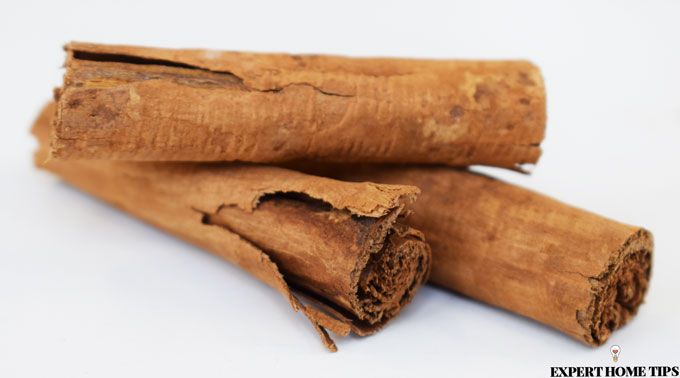
One of the things that makes cinnamon so special is its high antioxidant content - one teaspoon has more antioxidants than half a cup of blueberries!
Antioxidants help to keep us strong and healthy, by fighting off illness and disease. They have many benefits, but are said to be particularly helpful for heart problems, vision, skin health and brain function.
But that's not all...
2. Anti-inflammatory
Cinnamon has also proven effective for reducing inflammation. Its anti-inflammatory properties are particularly useful for the natural treatment of arthritis, which low-grade inflammation plays a role in.
Enjoying a cinnamon tea regularly may be an effective way to reduce joint pain, swelling and tenderness and lessen the symptoms of arthritis.
3. Lowers blood sugar
For diabetes sufferers, cinnamon could be particularly useful. Diabetes is caused by high levels of blood sugars, something that cinnamon may be able to reduce.
Links have been made between cinnamon and lower insulin resistance which helps to curb spikes in blood sugar, helping those with diabetes.
4. Aids in weight loss

Could cinnamon help you lose weight? It's by no means a miracle cure, however, cinnamon can have an impact on your weight.
This is partly to do with the effect it has on stabilising blood sugar levels, which prevents cravings. Additionally, cinnamon helps the body to feel full faster, and also requires more energy than other foods to process, helping to speed up your metabolism.
A sprinkle of cinnamon on your breakfast could just be the key to helping you lose that last pound!
Looking for more easy weight loss tips? Check out our blog post.
5. Cinnamon for cancer
Onto one of the most remarkable health benefits of cinnamon - it's potential to fight cancer.
Cinnamon contains polyphenols, which have been shown to fight against the vascular endothelial growth factor (VEGF), which is what helps cancer cells grow and survive. Cinnamon's polyphenols have also shown to cause positive-inflammation, which can kill off certain cancer cells.
These are just some of the many ways cinnamon is thought to be beneficial for treating cancer.
6. Bacterial & fungal infections
When bacteria and fungi strike, we're quick to reach for harsh chemicals and over-the-counter antibiotics.
That may not be necessary!
More research is being done into the antibacterial properties of natural ingredients, including cinnamon. Cinnamon is thought to be effective at treating colds, coughs and bladder infections when drunk with hot water and honey.
And, as an essential oil, cinnamon has been found to kill common infections found in hospitals and also bacteria, making it ideal as a natural antiseptic lotion.
7. Cinnamon for skin
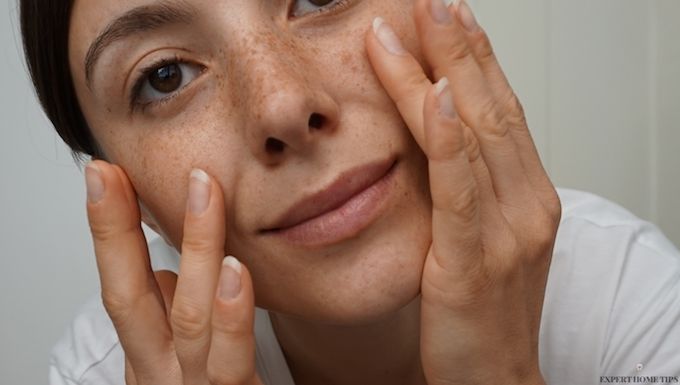
We're big fans of using natural products to get clearer, plumper skin here at Expert Home Tips, and cinnamon is one of the must-have ingredients in our DIY beauty cupboard.
Cinnamon has a plethora of beauty uses, including treating acne, dry skin, wrinkles, improving hair growth and more.
Head to The Superfoods to discover how to start reaping the beauty benefits of cinnamon today!
8. Heart disease cure
We've already mentioned that cinnamon has high levels of antioxidants, and now we're delving a little further into their knock-on benefits.
Cinnamon's antioxidants and anti-inflammatory properties have been shown to slow down the body's fat-storing process, leading to less belly fat and healthier levels of fat in the blood. High levels of fat can cause arteries to become blocked, resulting in hearts attacks and heart failure.
These results suggest eating cinnamon regularly may help to reduce the effects of an unhealthy diet that's particularly high in fat.
9. Dental health
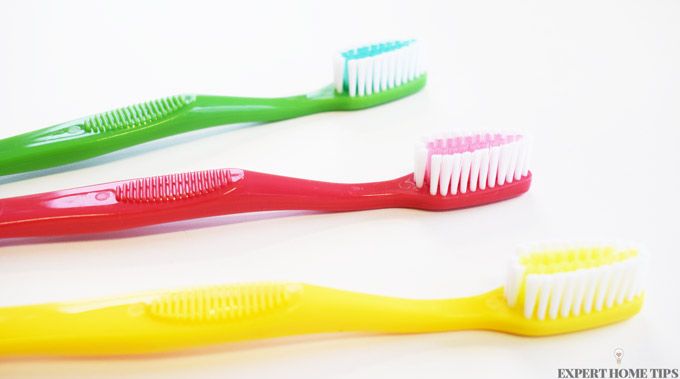
Could cinnamon also help your teeth? With its antibacterial properties, it may well do!
Not only will cinnamon help keep your mouth clean and free of bacteria, promoting healthy teeth and gums, but it will also freshen your morning breath.
10. Cinnamon for allergies
Do you suffer from hayfever? Or perhaps your little ones have asthma?
Cinnamon could be the answer!
Cinnamon helps boost the immune system and can also aid with breathing. Combined with honey, it makes the ultimate natural allergy treatment and really can produce miracles.
Additionally, when used alone, a diluted cinnamon essential oil is one of the most effective treatments for dust mites - of which the majority of asthma sufferers are allergic to.
11. Neurodegenerative disease
Parkinson's is the second most common neurodegenerative disease, affecting 1% of the world's population over 65 years old.
Parkinson's is the result of the neurogenerative process - the progressive loss of structure or function of neurons in the brain.
So, where does cinnamon come in?
In a study, cinnamon was found to stop the loss of Parkin, a protein which helps to protect neurons, and also improve motor functions when taken orally.
12. HIV treatment
HIV is a serious virus that, if left untreated, can lead to AIDS, a deadly disease.
Whilst medications have already been established for the treatment of HIV, more research is being done into the benefits natural remedies could have on the virus.
In a study that tested 68 varieties of medicinal plants on HIV, cinnamon was found to be the most effective.
Simple cinnamon tea recipe
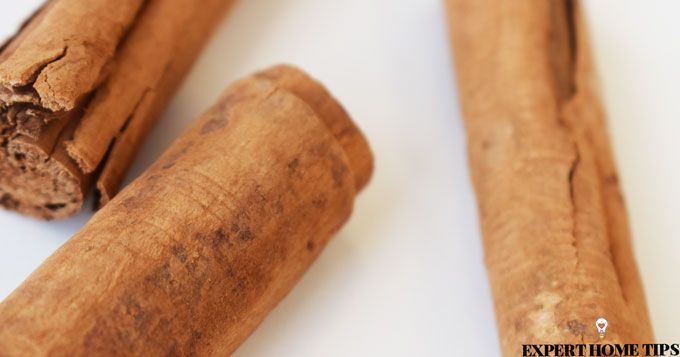
Reaping the many health benefits is easy once you know how to make cinnamon tea. This simple recipe is warming, comforting and delicious and is a miracle cure for all sorts of ailments.
Ingredients:
- 1 cinnamon stick or 1 tsp ground cinnamon (use Ceylon cinnamon if at all possible)
- Boiling water
- Honey and milk (optional)
Method:
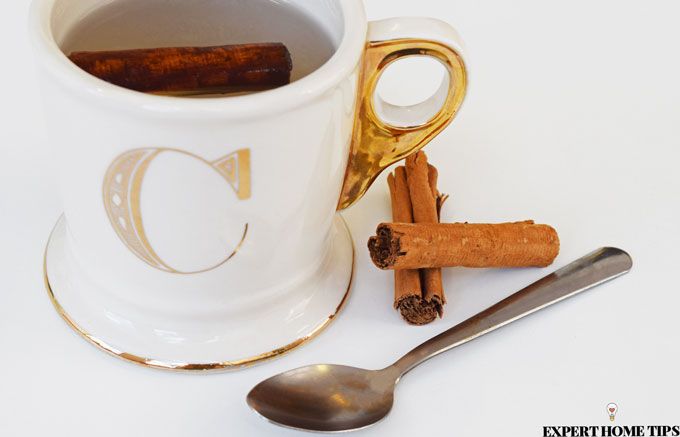
- Add the cinnamon to an empty mug.
- Pour over your boiling water, being careful not to burn yourself.
- Allow it to steep for at least 5 minutes.
- Add honey and milk to taste.
- Enjoy!
Who knew cinnamon had so many benefits for our bodies? What's your favourite way to use cinnamon? Let us know in the comments below!
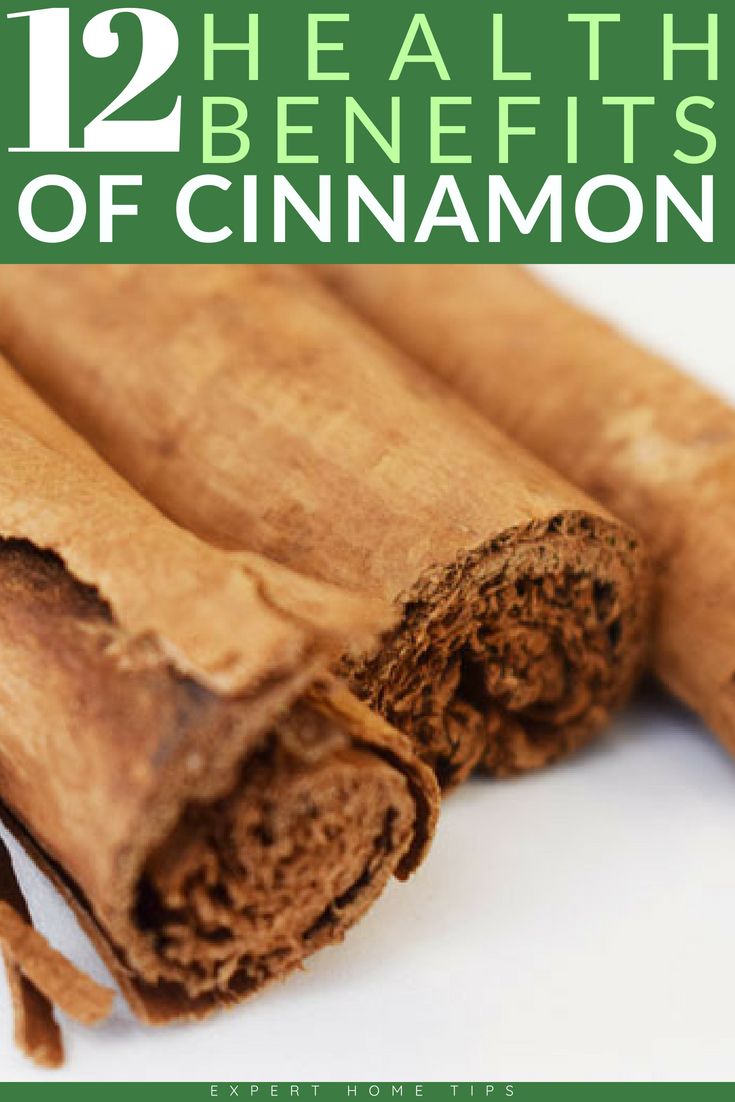
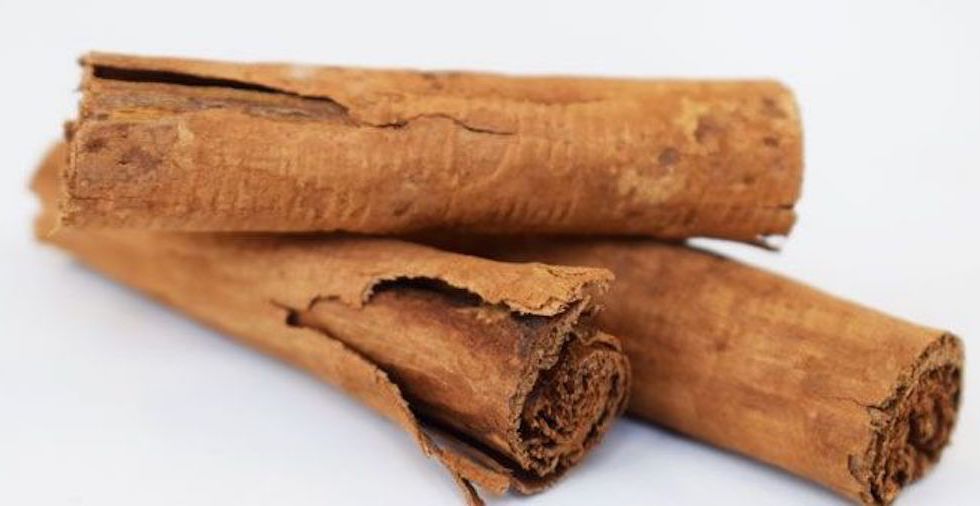
Hi Stephanie, I have cinnamon tea every single day, morning and afternoon. After reading here that it can cause liver damage I think I am going to give it up totally. Really scary! My whole family has been drinking it for nearly a year now and I'm afraid of the consequences on our liver! Thanks for this very informative piece. Would have continued to probably harmful results if not for this warning. Regards. Mel
Hi Mel! I wouldn't give it up all-together! Everything in moderation.
I enjoy the flavour of cinnamon but not too strong in amount Some recipes it can be overpower. I found this article very interesting. Thank you. xx
You're welcome, Anne!
Thanks for the tip
You're welcome, Miriam!
I add cinnamon toy oat meal
Lovely idea, Patricia!
Very interesting. I like a bit if cinnamon when I have roobis tea, and when I worked as a barista I had a lot of customers who enjoyed a sprinkle of cinnamon on their coffee instead or as well as chocolate powder Think I will try some purely cinnamon tea a few times a week as I am diabetic and would be interested in seeing the results if any
We hope you like it!